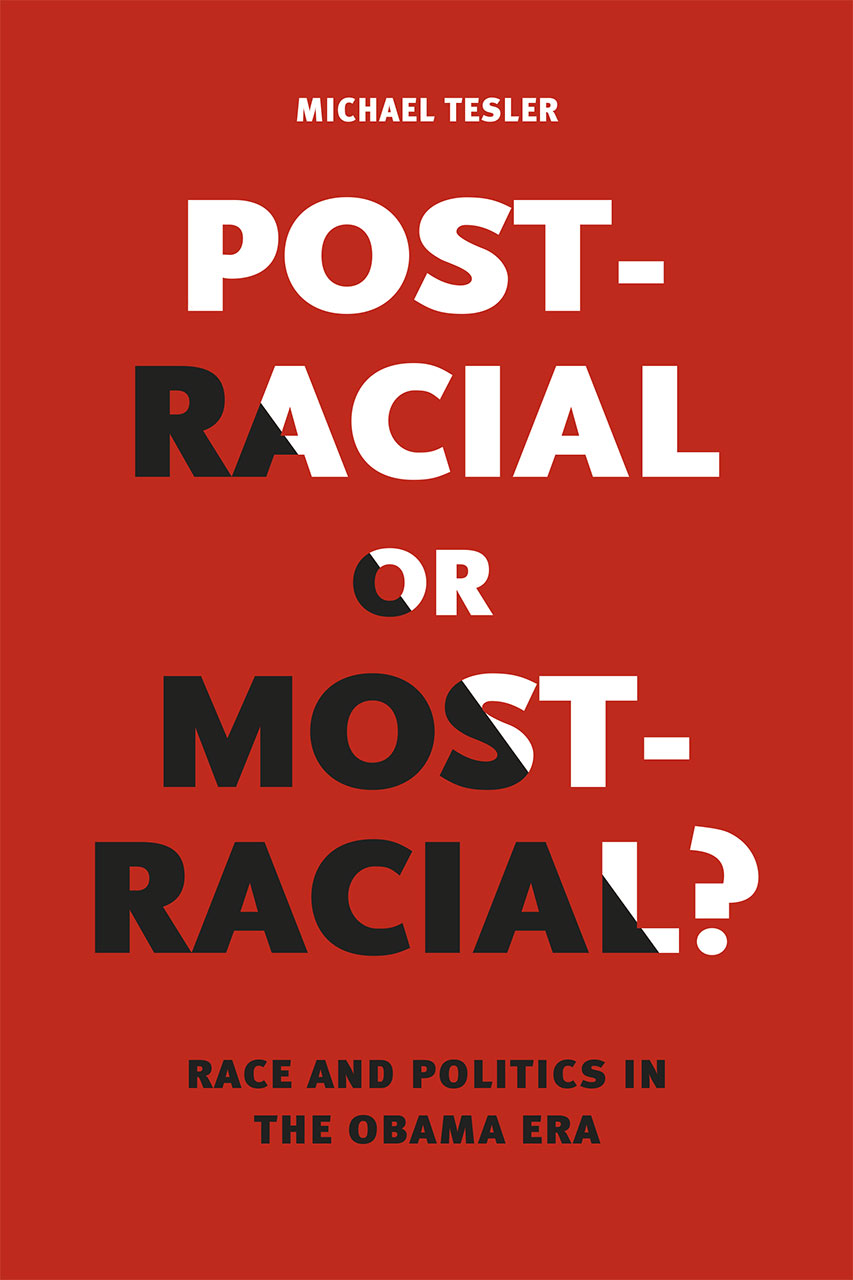Negras in Brazil: Re-envisioning Black Women, Citizenship, and the Politics of IdentityPosted in Anthropology, Book/Video Reviews, Books, Brazil, Caribbean/Latin America, Media Archive, Monographs, Politics/Public Policy, Social Science, Women on 2016-06-03 18:38Z by Steven |
Negras in Brazil: Re-envisioning Black Women, Citizenship, and the Politics of Identity
Rutgers University Press
December 2006
252 pages
6 x 9
Paper ISBN: 978-0-8135-3957-7
Web PDF ISBN: 978-0-8135-4132-7
Kia Lilly Caldwell, Associate Professor of African, African American, and Diaspora Studies
University of North Carolina, Chapel Hill
For most of the twentieth century, Brazil was widely regarded as a “racial democracy“—a country untainted by the scourge of racism and prejudice. In recent decades, however, this image has been severely critiqued, with a growing number of studies highlighting persistent and deep-seated patterns of racial discrimination and inequality. Yet, recent work on race and racism has rarely considered gender as part of its analysis.
In Negras in Brazil, Kia Lilly Caldwell examines the life experiences of Afro-Brazilian women whose stories have until now been largely untold. This pathbreaking study analyzes the links between race and gender and broader processes of social, economic, and political exclusion. Drawing on ethnographic research with social movement organizations and thirty-five life history interviews, Caldwell explores the everyday struggles Afro-Brazilian women face in their efforts to achieve equal rights and full citizenship. She also shows how the black women’s movement, which has emerged in recent decades, has sought to challenge racial and gender discrimination in Brazil. While proposing a broader view of citizenship that includes domains such as popular culture and the body, Negras in Brazil highlights the continuing relevance of identity politics for members of racially marginalized communities. Providing new insights into black women’s social activism and a gendered perspective on Brazilian racial dynamics, this book will be of interest to students and scholars of Latin American Studies, African diaspora studies, women’s studies, politics, and cultural anthropology.
Contents
- Illustrations
- Acknowledgments
- Prologue
- Introduction
- PART ONE: Re-envisioning the Brazilian Nation
- 1. “A Foot in the Kitchen”: Brazilian Discourses on Race, Hybridity, and National identity
- 2. Women in and out of Place: Engendering Brazil’s Racial Democracy
- PART TWO: The Body and Subjectivity
- 3. “Look at Her Hair”: The Body Politics of Black Womanhood
- 4. Becoming a Mulher Negra
- PART THREE: Activism and Resistance
- 5. “What Citizenship is This?”: Narratives of Marginality and Struggle
- 6. The Black Women’s Movement: Politicizing and Reconstructing Collective Identities
- Epilogue: Resenvisioning Racial Essentialism and Identity Politics
- Notes
- References
- Index



